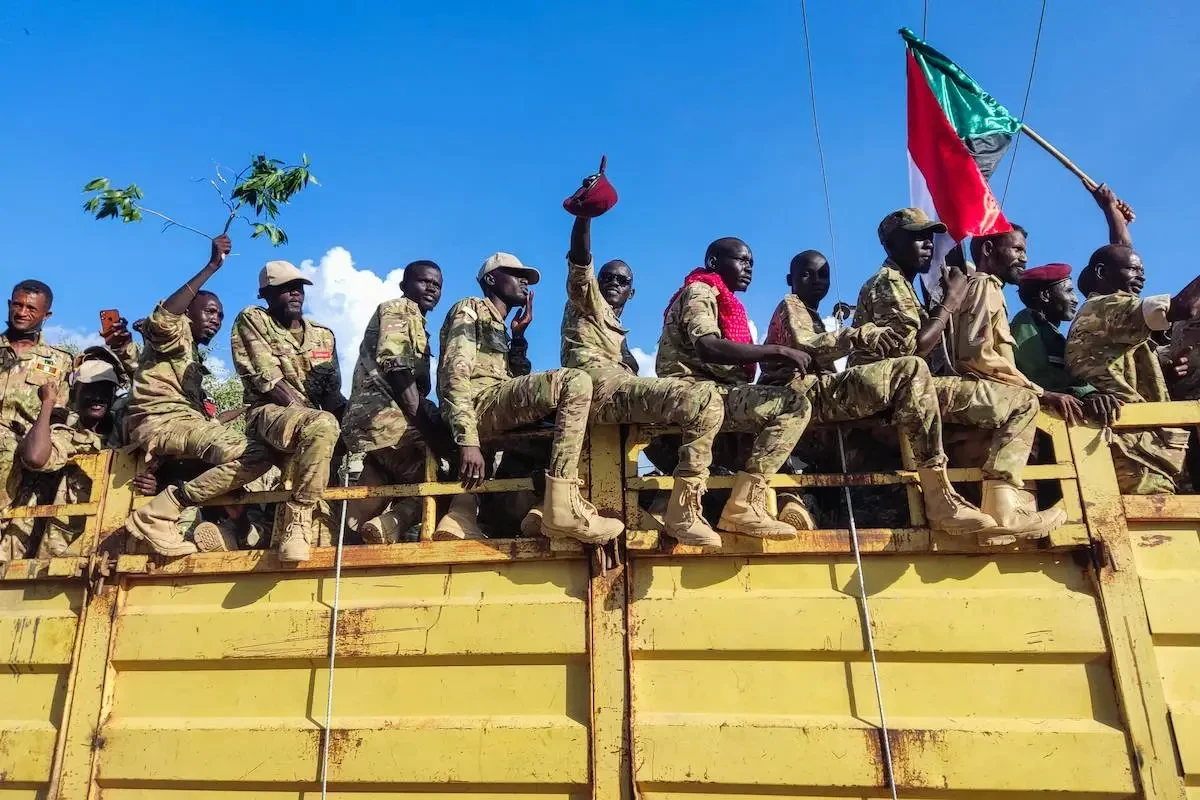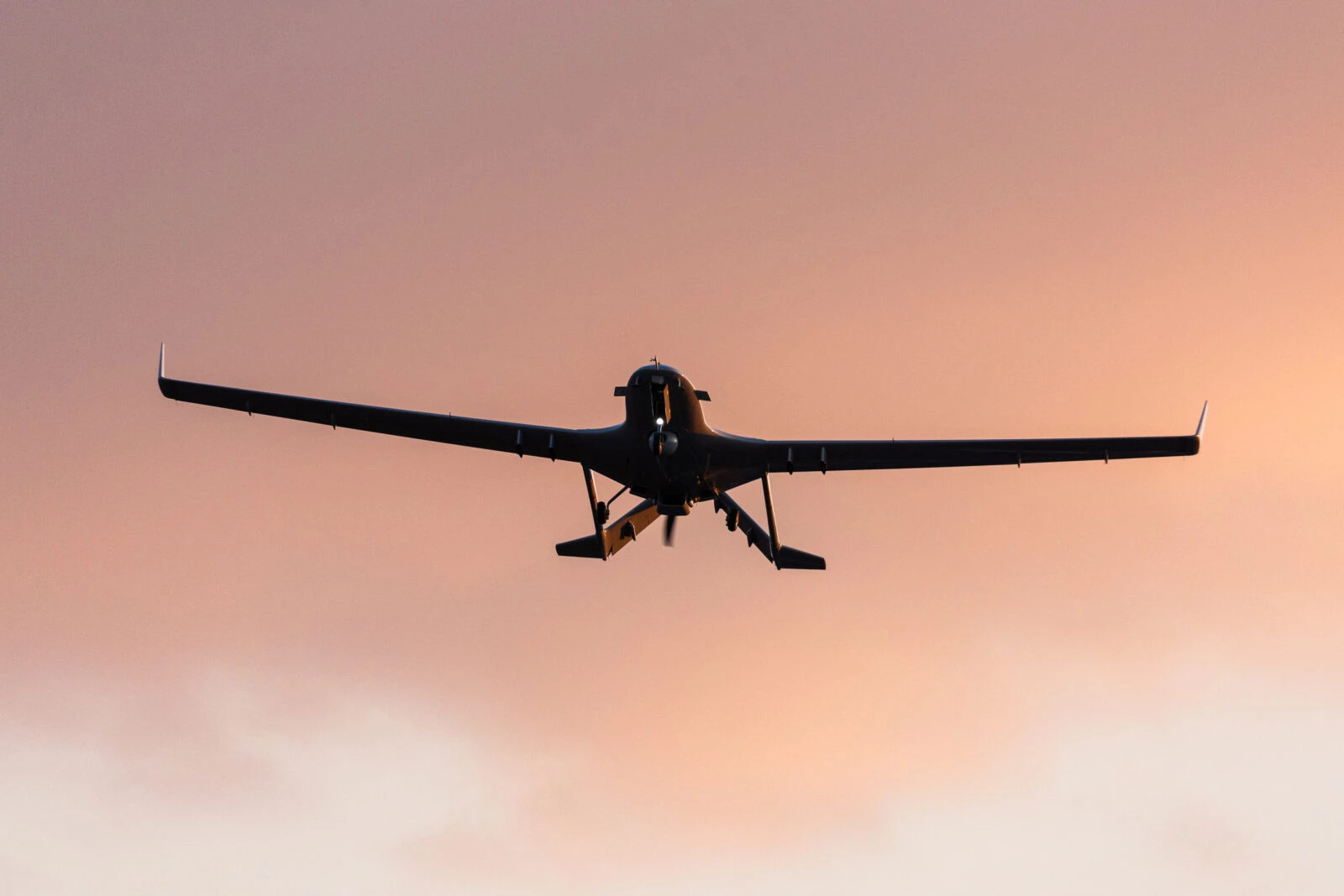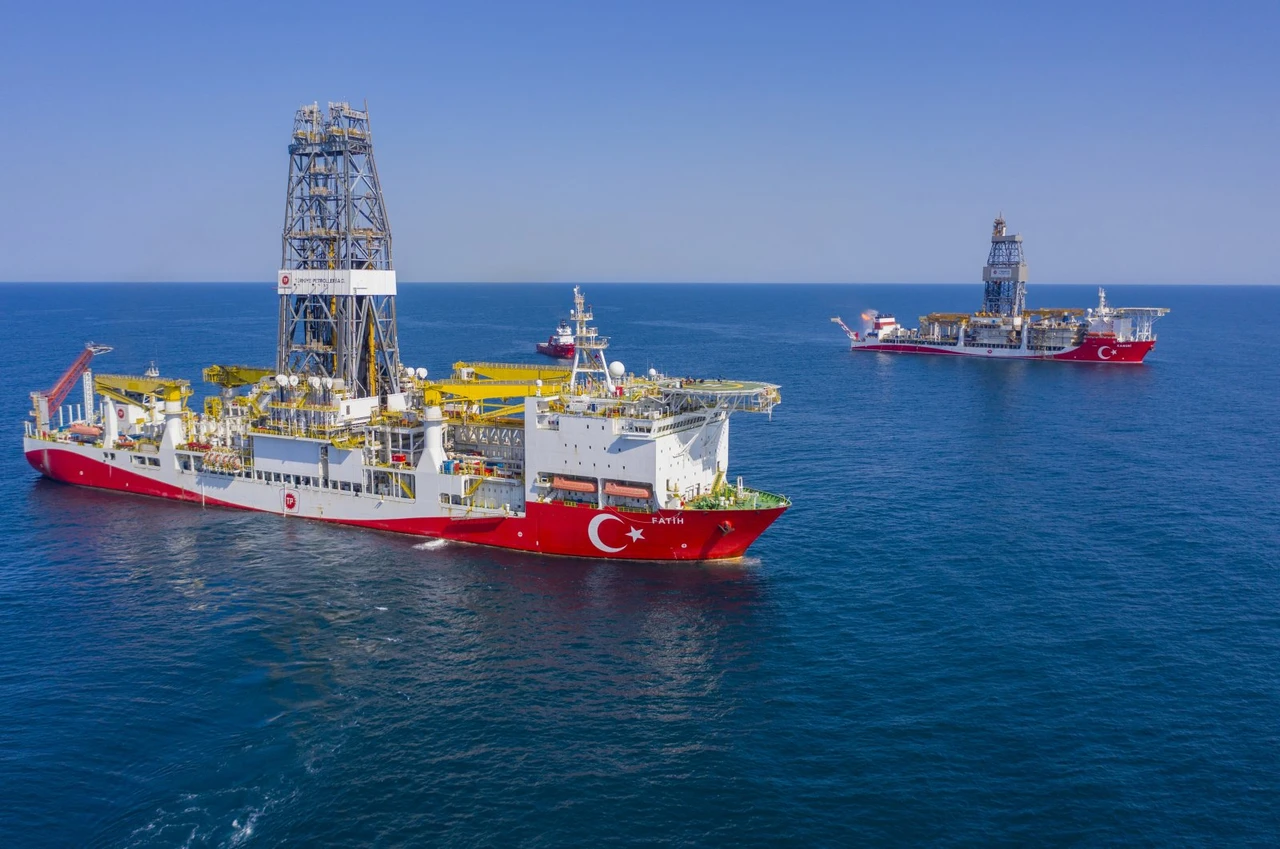A capital reclaimed, a region reborn? Türkiye’s Sudan calculus
 A truck carrying gunmen affiliated with Sudan’s army drives on a street in the eastern city of Gedaref on November 11, 2024. (Photo: AFP)
A truck carrying gunmen affiliated with Sudan’s army drives on a street in the eastern city of Gedaref on November 11, 2024. (Photo: AFP)
On Wednesday March 26, General Abdel Fattah al-Burhan, head of Sudan’s Sovereignty Council and commander of the army, declared, “The capital Khartoum is now free.” This announcement marked a significant turning point in the 23-month conflict between the Sudanese Armed Forces and the paramilitary Rapid Support Forces (RSF), signaling a symbolic—though not entirely secure—restoration of state authority in Sudan’s capital.
While Khartoum begins to stabilize, other regions remain fraught with instability—chief among them, Darfur. A longstanding center of unrest dating back to the late 1990s, Darfur is home to numerous armed factions and is a stronghold for the RSF. The region continues to suffer from recurring violence driven by ethnic tensions and systemic marginalization. Although some factions reached tentative agreements in the post-Bashir period, much of Darfur remains contested and unstable, with millions displaced.
In this evolving conflict, Türkiye has reshaped the military landscape by supporting Sudan’s legitimate government. Its involvement, however, extends beyond immediate battlefield dynamics and may prove vital in shaping Sudan’s post-war trajectory.
TB2s on Port Sudan
A pivotal development in the ongoing war has been the deployment of Turkish-supplied Bayraktar TB2 unmanned aerial vehicles (UAVs). These drones have significantly shifted the balance of power. Precision airstrikes have targeted RSF artillery positions and strategic infrastructure, enabling the Sudanese military to expel RSF forces from Khartoum and reclaim key territories.
Bayraktar TB2s played a crucial role in lifting the siege on El-Obeid, capital of North Kordofan, and retaking control of Kotiyna in White Nile State. First delivered in October and operational by November, the drones have given the government a decisive tactical edge and changed the course of the war, according to Sudanese military officials.

Why Sudan matters for Türkiye’s regional vision
Sudan occupies a strategic position in Türkiye’s broader engagement with Africa. Ibrahim Tigli, Chief Editor of The Africa Wall, explains that “Before Somalia, Sudan was Türkiye’s most important partner on the continent,” highlighting deep historical and diplomatic ties.
Geographically, Sudan offers a critical gateway into the African continent via the Red Sea. Unlike Somalia, which faces internal strife and limited regional reach, Sudan provides access to Africa’s hinterland and offers more sustainable long-term cooperation opportunities. Tigli warns that without a strong presence in the Red Sea, Türkiye risks being sidelined by competing global powers.
Sudan’s economic potential also factors into Türkiye’s calculations. Rich in agricultural resources like sesame, cotton, and gum arabic, Sudan holds a promising position in global markets. These resources could underpin a robust trade relationship, moving beyond symbolic ties to substantial economic cooperation.
Port Sudan, which has functioned as the de facto administrative capital since Khartoum’s fall, is emerging as a strategic hub. A new city is being constructed along the Red Sea, with ambitions of becoming one of Africa’s major maritime centers. “Türkiye has a unique opportunity to lead the reconstruction and economic development of Port Sudan,” says Tigli, citing the need for infrastructure investment and technical expertise.
Tigli estimates the region’s economic potential to be worth over 30 billion Turkish liras, noting that “If structured wisely, Sudan–Türkiye economic relations could benefit not just both countries, but the wider region.” Still, Turkey seeks to revive stalled economic projects in mining, energy, and infrastructure that stopped since 2019.
Balancing blocs
In a recent phone call with Sudanese leader Abdel Fattah al-Burhan, President Recep Tayyip Erdoğan reaffirmed Türkiye’s readiness to mediate between Sudan and the United Arab Emirates (UAE), days after Ankara had intervened diplomatically between Ethiopia and Somalia. This highlights Türkiye’s growing role as a regional stabilizer.
Meanwhile, the RSF’s external support appears to be shifting. Russia, once seen as a quiet supporter of the RSF, may be scaling back to refocus on Libya. The UAE—long accused of financing the RSF in exchange for access to Darfur’s gold—now faces reputational costs. As global scrutiny grows, Abu Dhabi might lean toward supporting a political resolution to restore its diplomatic standing.
Adding to this momentum is Burhan’s upcoming visit to Türkiye on April 11. The visit is expected to be both a gesture of gratitude and a platform to solidify future cooperation. As the region enters a decisive phase, Türkiye’s mediation efforts and stabilizing presence seem increasingly aligned with regional interests.

New axis of cooperation
Analyst Nebahat Tanriverdi notes that improved Türkiye–Egypt ties could unlock new diplomatic and economic channels. As former rivalries among Türkiye, Egypt, and Saudi Arabia soften, a more pragmatic and cooperative approach is taking shape. This evolving alignment could have a lasting impact on Sudan’s stabilization and may offer a blueprint for conflict resolution in places like Libya.
Ankara now appears to recognize that cooperation with Cairo in Sudan is not a zero-sum game. In contrast, closer coordination with Egypt and Saudi Arabia could amplify Türkiye’s regional influence—particularly amid growing concerns over Iranian involvement in Sudan. Iran’s reported delivery of drones and anti-tank missiles has raised alarms in Ankara, Cairo, and Riyadh alike, who now share a vested interest in a stable Sudan and a transition to civilian rule.
The emerging trilateral cooperation might even carry lessons for other regional flashpoints. Despite differences—such as in Yemen—Türkiye and Saudi Arabia have recently leaned toward coordinated efforts, starting especially since Syria’s new building process.
All the countries mentioned have previously attempted mediation in Sudan.
What’s next?
With Khartoum now under the control of the Khartoum government, the next steps taken by the ruling authority will be pivotal—not only for Sudan’s future but for the broader region as well. Should the army decide to advance into Darfur by force, the country risks descending into a prolonged civil war that could solidify de facto territorial fragmentation. Alternatively, if the government prioritizes a transition to civilian rule, initiates a credible peace process capable of ending the conflict, it may open a door to the presence of trusted and neutral mediators who can steer negotiations toward a sustainable political settlement.



